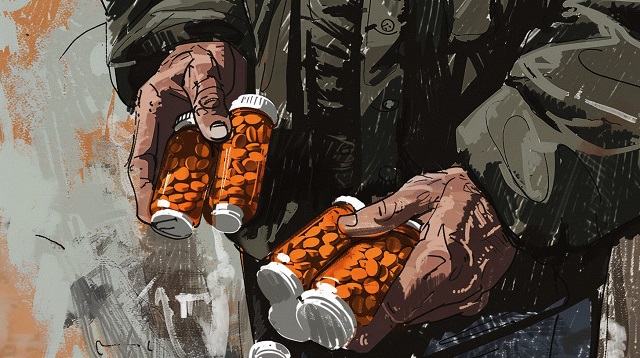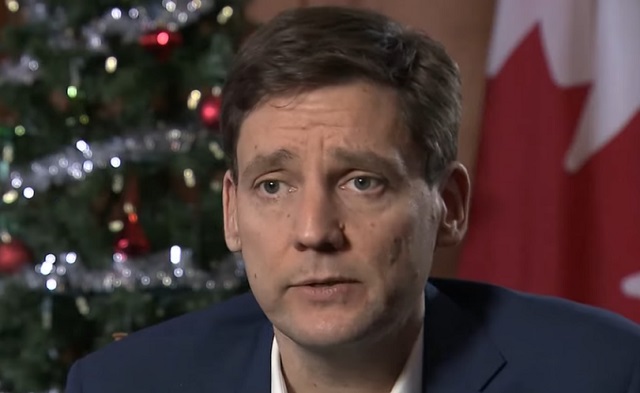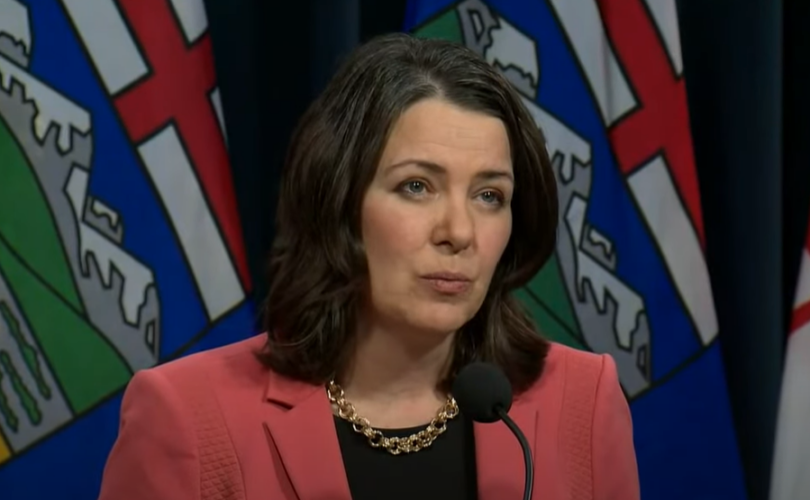Community
Edmonton Humane Society Feature Pet Showcase: Meet Eliot!

We’re huge animal lovers here at Todayville Edmonton and we always want to do what we can to help the fantastic organizations in our city that are working to ensure the animals who need it receive compassionate care and humane treatment.
So we’ve teamed up with the Edmonton Humane Society and we’ll be regularly showcasing some of their adoptable animals who have yet to find their forever homes!
Every animal had unique needs, so be sure to read the details about the pet carefully. If they seem like they would be a good addition to your home, first read up on the adoption process, then get in touch with the great folks at the Edmonton Humane Society at 780-491-3500.
And with that, meet Eliot!

Eliot
I’m an Adventurer! A thrill seeker at heart, I am always on the lookout for new things to see, smell, and do! I have lots of energy and drive to play, even a stray piece of string on your pants might catch my attention! I would love a home where I can go, go, go! Please make sure you have enough time in your day to play with me and maybe teach me something new to stimulate my mind! I can’t wait to find my next Adventure Buddy!
Behaviour Observed in Shelter:
– Social with humans
– High drive to play
– Highly attention seeking
May Be Prone To:
– High energy, bursts of energy
– Boredom when not provided with outlets for energy
– Curiosity/Exploratory behaviours
– Rough play
– Vocalizing
Recommendations:
– Ample mental and physical stimulation (trick training, games, puzzles)
– Daily play with variable toys
– Provide with appropriate outlets for energy release for use throughout the day as desired
Eliot came in to the shelter as an owner surrender. He was surrendered because of behavioral problems due to a lack of mental and physical stimulation.
Click here to learn more about the adoption process at the Edmonton Humane Society.
Community
Last Day: What would you do with $20,000 Early Bird Prize?

|
|
|
|
|
|
Addictions
‘Harm Reduction’ is killing B.C.’s addicts. There’s got to be a better way

From the Frontier Centre for Public Policy
B.C. recently decriminalized the possession of small amounts of illicit drugs. The resulting explosion of addicts using drugs in public spaces, including parks and playgrounds, recently led the province’s NDP government to attempt to backtrack on this policy
Fuelled by the deadly manufactured opioid fentanyl, Canada’s national drug overdose rate stood at 19.3 people per 100,000 in 2022, a shockingly high number when compared to the European Union’s rate of just 1.8. But national statistics hide considerable geographic variation. British Columbia and Alberta together account for only a quarter of Canada’s population yet nearly half of all opioid deaths. B.C.’s 2022 death rate of 45.2/100,000 is more than double the national average, with Alberta close behind at 33.3/100,00.
In response to the drug crisis, Canada’s two western-most provinces have taken markedly divergent approaches, and in doing so have created a natural experiment with national implications.
B.C. has emphasized harm reduction, which seeks to eliminate the damaging effects of illicit drugs without actually removing them from the equation. The strategy focuses on creating access to clean drugs and includes such measures as “safe” injection sites, needle exchange programs, crack-pipe giveaways and even drug-dispensing vending machines. The approach goes so far as to distribute drugs like heroin and cocaine free of charge in the hope addicts will no longer be tempted by potentially tainted street drugs and may eventually seek help.
But safe-supply policies create many unexpected consequences. A National Post investigation found, for example, that government-supplied hydromorphone pills handed out to addicts in Vancouver are often re-sold on the street to other addicts. The sellers then use the money to purchase a street drug that provides a better high — namely, fentanyl.
Doubling down on safe supply, B.C. recently decriminalized the possession of small amounts of illicit drugs. The resulting explosion of addicts using drugs in public spaces, including parks and playgrounds, recently led the province’s NDP government to attempt to backtrack on this policy — though for now that effort has been stymied by the courts.
According to Vancouver city councillor Brian Montague, “The stats tell us that harm reduction isn’t working.” In an interview, he calls decriminalization “a disaster” and proposes a policy shift that recognizes the connection between mental illness and addiction. The province, he says, needs “massive numbers of beds in treatment facilities that deal with both addictions and long-term mental health problems (plus) access to free counselling and housing.”
In fact, Montague’s wish is coming true — one province east, in Alberta. Since the United Conservative Party was elected in 2019, Alberta has been transforming its drug addiction policy away from harm reduction and towards publicly-funded treatment and recovery efforts.
Instead of offering safe-injection sites and free drugs, Alberta is building a network of 10 therapeutic communities across the province where patients can stay for up to a year, receiving therapy and medical treatment and developing skills that will enable them to build a life outside the drug culture. All for free. The province’s first two new recovery centres opened last year in Lethbridge and Red Deer. There are currently over 29,000 addiction treatment spaces in the province.
This treatment-based strategy is in large part the work of Marshall Smith, current chief of staff to Alberta’s premier and a former addict himself, whose life story is a testament to the importance of treatment and recovery.
The sharply contrasting policies of B.C. and Alberta allow a comparison of what works and what doesn’t. A first, tentative report card on this natural experiment was produced last year in a study from Stanford University’s network on addiction policy (SNAP). Noting “a lack of policy innovation in B.C.,” where harm reduction has become the dominant policy approach, the report argues that in fact “Alberta is currently experiencing a reduction in key addiction-related harms.” But it concludes that “Canada overall, and B.C. in particular, is not yet showing the progress that the public and those impacted by drug addiction deserve.”
The report is admittedly an early analysis of these two contrasting approaches. Most of Alberta’s recovery homes are still under construction, and B.C.’s decriminalization policy is only a year old. And since the report was published, opioid death rates have inched higher in both provinces.
Still, the early returns do seem to favour Alberta’s approach. That should be regarded as good news. Society certainly has an obligation to try to help drug users. But that duty must involve more than offering addicts free drugs. Addicted people need treatment so they can kick their potentially deadly habit and go on to live healthy, meaningful lives. Dignity comes from a life of purpose and self-control, not a government-funded fix.
Susan Martinuk is a senior fellow at the Frontier Centre for Public Policy and author of the 2021 book Patients at Risk: Exposing Canada’s Health Care Crisis. A longer version of this article recently appeared at C2CJournal.ca.
-

 Alberta1 day ago
Alberta1 day agoCanadian Christian chiropractor fights ‘illegal’ $65,000 fine for refusing to wear mask
-

 Alberta2 days ago
Alberta2 days agoGame changer: Trans Mountain pipeline expansion complete and starting to flow Canada’s oil to the world
-

 COVID-1919 hours ago
COVID-1919 hours agoCOVID Is Over — But Did We Learn Anything From It?
-

 Addictions2 days ago
Addictions2 days agoCanada’s ‘safer supply’ patients are receiving staggering amounts of narcotics
-

 Community2 days ago
Community2 days agoLast Day: What would you do with $20,000 Early Bird Prize?
-

 Bruce Dowbiggin2 days ago
Bruce Dowbiggin2 days agoDo It Once, Shame On You; Do It Twice, Shame On Me
-

 Energy16 hours ago
Energy16 hours agoU.S. EPA Unveils Carbon Dioxide Regulations That Could End Coal and Natural Gas Power Generation
-

 John Stossel15 hours ago
John Stossel15 hours agoThe Swamp Survived: Why Trump Failed to “Drain the Swamp”











